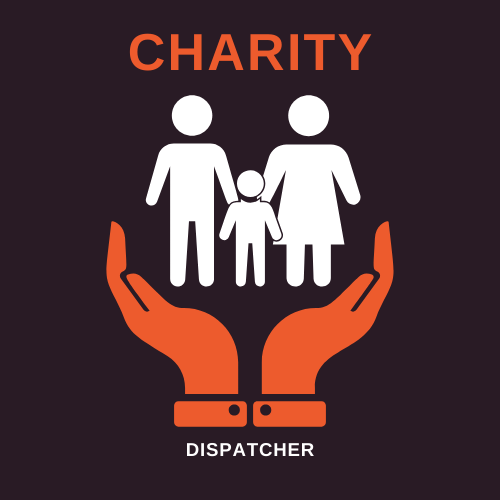According to a statement made by the Education Department on May 14, federal student loan interest rates would soar to unprecedented levels for the 2024–25 academic year, driving up the cost of college for borrowers. However, thousands of college students and their families will have to wait until after the rate drop takes effect.
The federal undergraduate student loans that are disbursed between July 1, 2024, and June 30, 2025 will have an interest rate of 6.53%, which is the highest in the previous 16 years. The federal Parent PLUS loan rate, which parents can apply for to help pay for their child’s college education, will increase to 9.08%, a 33-year high.
Taking Out Student Loans? You’ll End up Paying Highest Interest in 16 Years
In the 2024–2025 academic year, the interest rate on federal student loans for undergraduates is 6.53%, which is the highest in the past 16 years for the cost of borrowing for college. However, there exist methods for minimizing your expenses. When scholarships, grants, and other types of aid are insufficient to cover the entire gap in income, student loans can be helpful.
Federal student loans are known for having low interest rates, especially if they are need-based loans. The interest rates on private and federal student loans vary. The amount of the loan, your cosigner’s income and credit score, and other factors may be taken into account by private lenders in determining your rate.
"Search Here"
Current student loan interest rates
Federal student loans account for most of debt since they are more easily accessed than private debts. Interest rates on federal student loans presently range from 6.53 percent to 9.08 percent. On the other hand, the typical interest rate on a private student loan can vary from around 4% to 17%. Every borrower has access to the same rates for federal student loans. Rates for private student loans, however, vary depending on the lender, the interest rate type (variable or fixed), and the credit score of the borrower.

Rising rates increase total cost of Education
Federal loans for education are issued by the Department of Education. All borrowers who take out new federal student loans for the 2024–2025 academic year will be subject to the rates, which go into effect on July 1. Depending on your repayment plan, federal student loans have set interest rates, which means they won’t fluctuate over the payback term, which normally lasts between 10 and 25 years.
In the end, millions of students and their families who take out loans will pay more for education because to rising interest rates. This implies that in addition to repaying the initial loan amount, you are also liable for any interest that may accumulate. If you postpone payments and let interest accrue before starting your repayment plan, it can significantly increase the total amount you owe.
Interest Rates for Federal Student Loans
The interest rates on loans that are already in place won’t change, even though Congress reevaluates rates annually. Neither your credit score nor your financial history will affect the interest rate you pay on a federal student loan. A good credit score is required for borrowers to be eligible for the best rates on private student loans. For a loan to be co-signed and to assume equal legal responsibility for repayment, many students will require a parent or co-signer with great credit.
Families will find it ever more difficult to pay for college as long as tuition prices keep rising. While loans from private lenders could have more affordable interest rates, only students with a co-signer with good credit are eligible for them. Prior to loan disbursement, an origination charge is assessed on federal student loans. There will be a little discrepancy between the loan funds you accept and what you are given.
Interest Rates for Private Student Loans
Although federal student loan interest rates are typically lower than those on private student loans, the market has suddenly become considerably more competitive in 2019–2020 due to the record low lending rates given. This has significance for students who require funds to finish their degrees but have hit their borrowing limit on federal loans.
Students who qualify for the best rates from private lenders may also benefit from having strong credit, either alone or through a co-signer with excellent credit. When contemplating private student loans, prospective students should pay special attention to interest rates. Comparing it to federal student loans, it might be a tempting choice if available rates are between 3% and 4%.
How interest rates on federal student loans are set?
Every year, Congress sets laws that determine the interest rates on student loans. Monthly bond auctions are held by the Treasury Department to raise funds for government expenditures. The yield, or interest rate, that the government pays to bond buyers in the May auction is used by Congress to determine the annual interest rates on student loans. Due to their lack of income and credit history, undergraduate students frequently experience the highest interest rates.
"Search Here"

